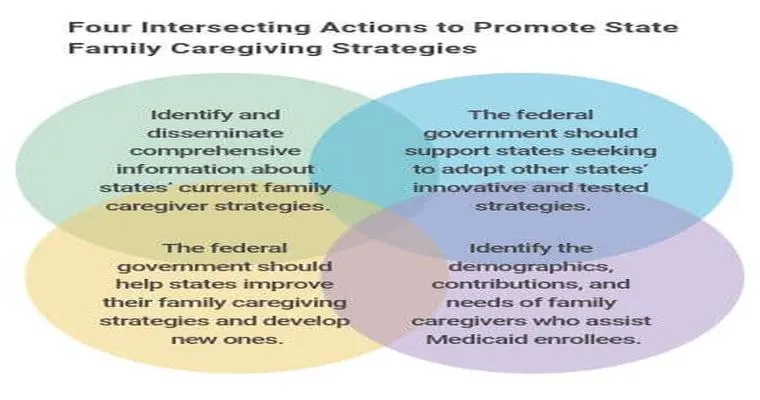Navigating the complexities of "home health care assistance" can be overwhelming, particularly when it comes to understanding how your parent may qualify for "federal payments". Home health care services provide crucial support for seniors and individuals with disabilities, enabling them to maintain their independence while receiving necessary medical care in the comfort of their own homes. This article will guide you through the eligibility requirements and processes involved in securing federal assistance for home health care.
Understanding Home Health Care Assistance
Home health care assistance encompasses a variety of services, including skilled nursing care, physical therapy, and assistance with daily living activities. These services are designed to help individuals who need support due to illness, injury, or age-related challenges. The federal government, through programs like Medicare and Medicaid, offers financial assistance to help cover the costs of these services.
Eligibility for Federal Payments
To qualify for "federal payments" for home health care, your parent must meet specific criteria. Here are the key factors that determine eligibility:
1. "Medicare Eligibility": Most individuals aged 65 and older qualify for Medicare, which can cover home health care services. To be eligible, your parent must have a qualifying medical condition, require skilled nursing care or therapy services, and be homebound, meaning they are unable to leave home without assistance.
2. "Medicaid Eligibility": For those who have limited income and resources, Medicaid may provide additional assistance. Eligibility varies by state, but generally, applicants must meet income and asset limits, as well as demonstrate a need for care.
3. "Certification by a Physician": A healthcare provider must certify that your parent requires home health care services. This certification is essential for both Medicare and Medicaid coverage, as it verifies the necessity of the services being requested.
4. "Need for Skilled Services": To qualify for federal payments, your parent must require skilled nursing or therapy services. This includes care provided by registered nurses, physical therapists, occupational therapists, or speech-language pathologists.
Applying for Home Health Care Assistance
Once you determine that your parent meets the eligibility requirements, the next step is to apply for home health care assistance. Here’s how to get started:
1. "Gather Documentation": Collect necessary documents, including your parent’s medical records, proof of income and assets, and any relevant insurance information.
2. "Consult a Healthcare Provider": Schedule an appointment with your parent’s healthcare provider to discuss their need for home health care services. The provider will need to complete the certification for Medicare or Medicaid.
3. "Contact Medicare or Medicaid": Depending on your parent’s eligibility, reach out to the appropriate agency to begin the application process. You can apply for Medicare benefits through the Social Security Administration and for Medicaid through your state’s Medicaid office.
4. "Choose a Home Health Care Agency": Once approved, select a licensed home health care agency. Ensure that the agency is certified to provide services covered by Medicare or Medicaid.
Conclusion
Securing "home health care assistance" through "federal payments" can significantly enhance your parent’s quality of life while ensuring they receive necessary care. By understanding the eligibility requirements and following the application process, you can help your parent access the support they need to thrive at home. Remember that each case is unique, so it may be beneficial to consult with a healthcare professional or a social worker for personalized guidance.





